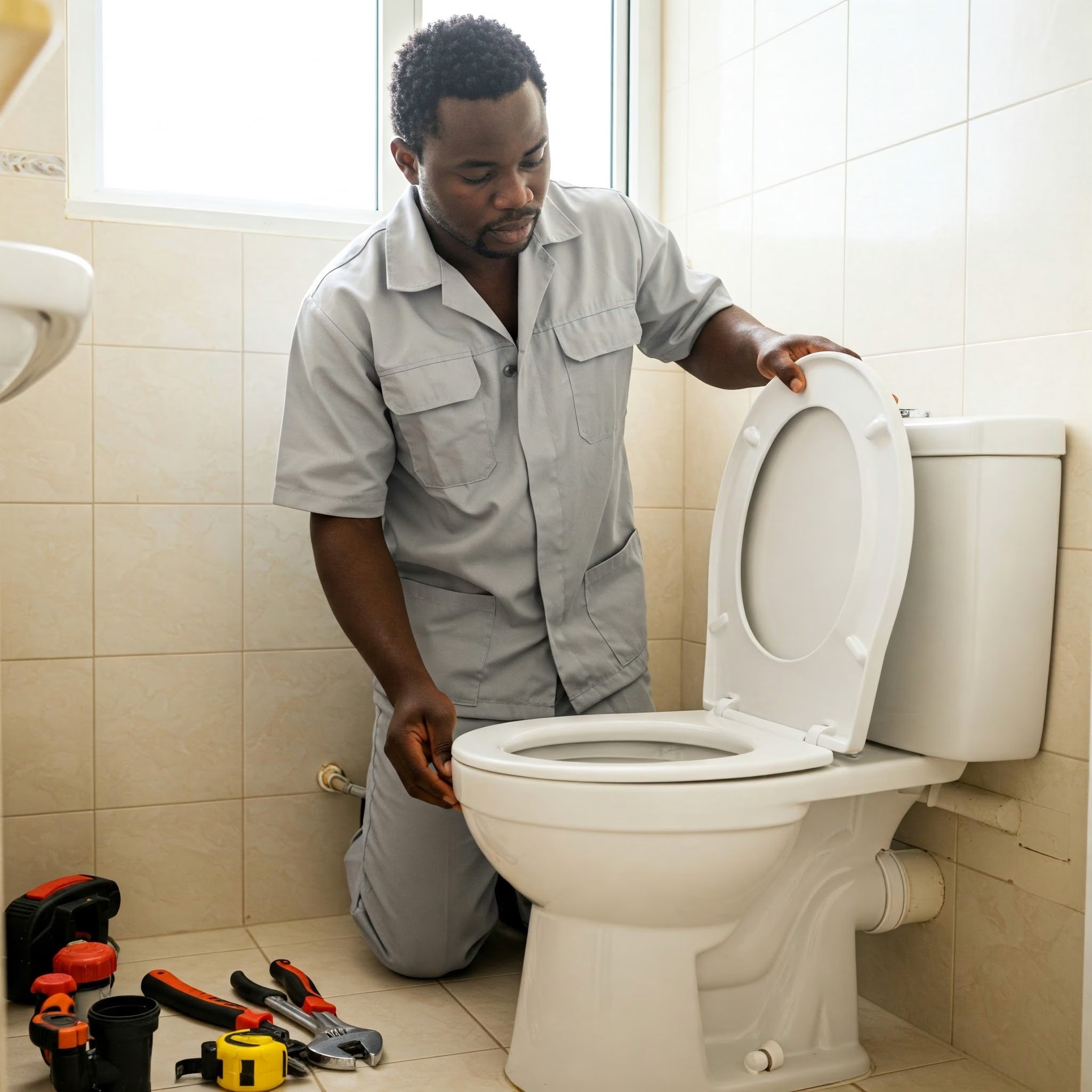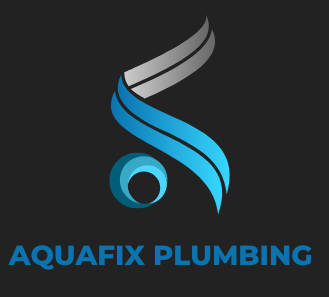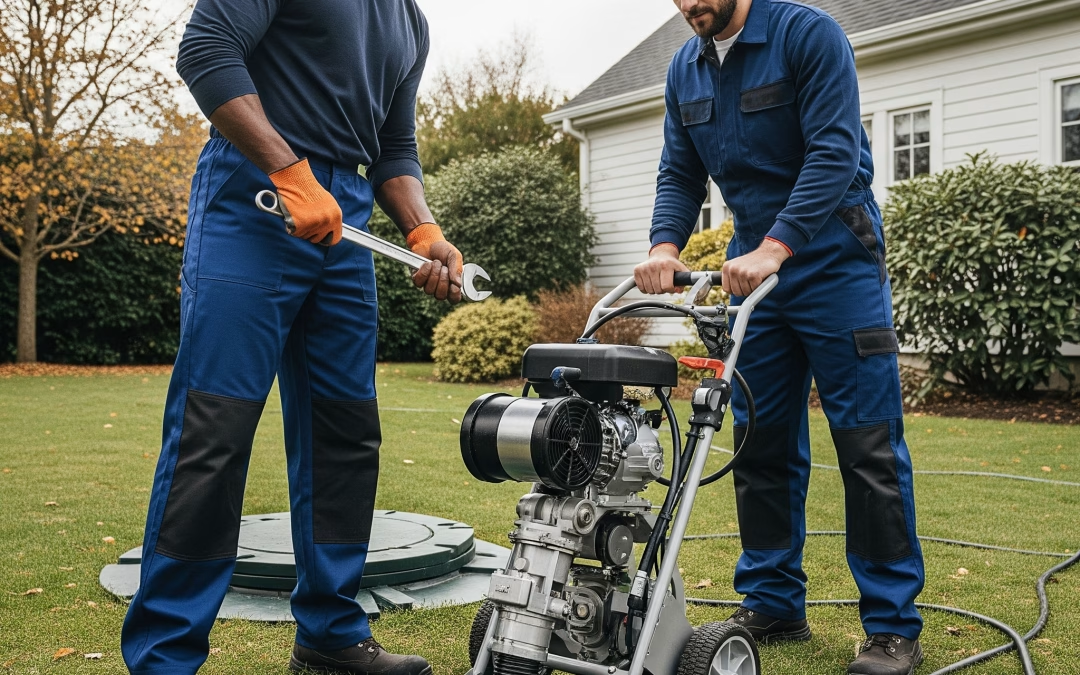Taking Care of Your Septic Tank in Durban
Understanding how your septic system works, and critically, how to maintain it, protects your home and the environment. Our guide cuts through the confusion. We help you navigate the essentials of septic tank care. Proactive maintenance truly saves you from major headaches and costly repairs down the line.
Understanding Your Septic System
Most homeowners understand municipal sewerage. Your drains connect to a vast underground network. That system carries waste away to a central treatment plant. Septic systems, however, manage your wastewater right on your property. They are self-contained, underground wastewater treatment facilities. Essentially, your septic system processes all the wastewater generated from your toilets, showers, sinks, and laundry. It keeps your property clean and safe.
The Septic Tank: Your Primary Processor
A typical septic system has two main components. The first is the septic tank itself. This large, watertight container, usually made of concrete, fiberglass, or plastic, receives all the wastewater from your home. Inside the tank, solids separate from liquids. Heavier solids sink to the bottom, this forms a layer of sludge. Lighter materials like grease and oils float to the top, creating a scum layer.
Bacteria naturally present in the wastewater work hard here. They break down organic matter in both the sludge and scum layers. This natural process reduces the volume of the solids.
The Drainfield: Nature’s Final Filter
The second key component is the drainfield, also known as a leach field or absorption field. The liquid effluent, or wastewater, flows out of the septic tank after the solids separate. It moves into the drainfield. This area consists of a network of perforated pipes buried in gravel-filled trenches. The effluent slowly trickles through these perforations. It then enters the surrounding soil. The soil acts as a natural filter. It removes remaining impurities and pathogens before the water re-enters the groundwater. This entire system works silently, out of sight, but its proper functioning remains vital for your home’s health.
Why Durban Homes Need Special Septic Care
Heavy rainfall can saturate the soil, making it harder for your drainfield to absorb wastewater—leading to backups or pooling. Warm temperatures speed up bacterial activity in the tank, but too much heat or harsh chemicals can disrupt the system. High water usage from entertaining, laundry, and daily life adds further pressure. Knowing these local factors helps you maintain your system effectively and avoid costly issues.
Sewage Backups: A Homeowner’s Nightmare
One common problem is a sewage backup. If your septic tank overfills with solids, or if the drainfield becomes clogged, wastewater has nowhere to go. It backs up into your home’s drains, toilets, and showers. This creates a terrible mess. The smell is often unbearable. It comes with serious health risks from exposure to raw sewage. Imagine dealing with this after a lovely weekend braai. No one wants that kind of surprise.
Environmental Contamination and Fines
Beyond backups, an overflowing or failing septic system can contaminate your property. Untreated wastewater can surface in your yard. It creates foul-smelling puddles. This has health risks to children and pets. It also contaminates local groundwater. This impacts drinking water sources and nearby waterways like our beautiful rivers and beaches. Local environmental regulations are strict for a reason. Non-compliance can result in hefty fines. Protecting our local ecosystem benefits everyone.
Reduced System Lifespan and Costly Replacements
Furthermore, neglecting routine maintenance significantly shortens your septic system’s lifespan. A well-maintained system can last decades. A neglected one might fail prematurely. Replacing an entire septic system involves lots of excavation. It requires significant financial investment. Proactive care prevents these drastic measures. You save money and stress by staying ahead of common problems. Prevention truly is better than cure.
Essential DIY Tips for Durban Septic Homeowners
Be Mindful of What Goes Down the Drain
Your septic tank relies on a delicate bacterial ecosystem. Avoid flushing or pouring certain items.
Avoiding Harmful Substances
- No Fats, Oils, and Greases (FOGs): These substances solidify in your pipes and septic tank. They create blockages. Wipe greasy pans with a paper towel before washing them. Dispose of cooking oils in the bin. This simple act prevents major clogs.
- Limit Non-Biodegradable Items: Flushing items like wet wipes (even “flushable” ones), feminine hygiene products, cotton swabs, dental floss, or excessive paper towels clogs your system. They do not break down. These items accumulate in the tank. They contribute to sludge buildup.
- Chemicals and Harsh Cleaners: Bleach, drain cleaners, harsh disinfectants, and excessive antibacterial soaps kill the beneficial bacteria in your septic tank. These bacteria are essential for breaking down solids. Use biodegradable, septic-safe cleaning products. Choose gentler alternatives.
Strategies for Water Conservation
- Fix Leaks Promptly: A dripping tap or a running toilet wastes thousands of litres of water annually. Repair these leaks immediately. You save water and money.
- Install Water-Efficient Fixtures: Low-flow showerheads, toilets, and washing machines significantly reduce water usage. Consider investing in these upgrades.
- Space Out Water Usage: You should avoid doing multiple loads of laundry or running the dishwasher while showering. This prevents overwhelming your system with a large surge of water at once. Distribute water usage throughout the day. Your system can process waste more effectively.
Mind Your Drainfield Area
Your drainfield works hard to absorb treated wastewater. Protect this vital area.
Protecting Your Drainfield:
- Do Not Drive or Park Over It: The weight of vehicles compacts the soil. This damages the underground pipes. This compaction reduces the soil’s ability to absorb water.
- Avoid Planting Trees or Shrubs with Invasive Roots: Certain tree roots actively seek out water sources. They can infiltrate and damage your drainfield pipes. Plant only grass or shallow-rooted plants over the drainfield.
- Direct Stormwater Away: Ensure downspouts and surface drainage channels direct rainwater away from your drainfield. Excessive water from rain can oversaturate the area. This impedes its function. Given Durban’s intense rain, this becomes especially important.
Spotting the Red Flags: Warning Signs of Septic Trouble
Your septic system often gives you clues when something is amiss. Pay attention to these warning signs. Early detection can prevent a minor issue from becoming a major disaster. Taking swift action saves your system.
- Slow Drains or Backups: Water draining slowly from sinks, showers, or toilets, or even sewage backing up into your home, signals a problem. This often indicates your tank is full or your drainfield is struggling. Don’t ignore this.
- Unpleasant Odours: A persistent, foul odour inside your home, especially around drains, or outside near the septic tank or drainfield, indicates an issue. You might smell sewage or a strong, musty scent. This suggests escaping gases or surfacing wastewater.
- Lush, Green Patches in Your Yard: If certain areas of your lawn, particularly over the drainfield, appear unusually green, lush, or spongy, it could indicate surfacing wastewater. This happens when the drainfield is saturated or failing. It acts like a natural fertilizer.
- Ponding Water: Standing water or soggy ground above your septic tank or drainfield signifies that effluent is not being properly absorbed by the soil. This indicates a serious drainfield failure.
- Gurgling Sounds: Unusual gurgling noises from your plumbing indicate air trapped in the pipes. This often signals a blockage or an issue with wastewater flow within the system.
When to Call the Professionals: Expert Septic Services You Can Trust
While regular homeowner vigilance helps immensely, professional septic tank maintenance remains indispensable. Certain tasks require specialized equipment, expertise, and a thorough understanding of septic systems. Don’t attempt complex repairs yourself.
Regular Septic Tank Pumping: A Non-Negotiable Service
This is the most crucial professional service. Over time, solids accumulate in your septic tank. These solids cannot fully decompose. If the sludge and scum layers become too thick, they can overflow into your drainfield. This causes irreversible damage.
Pumping Frequency and Importance:
- How Often? Most experts recommend pumping your septic tank every 3-5 years. However, this frequency varies. Factors include the size of your tank, the number of people in your household, and your water usage habits. Larger families or those with high water consumption might need more frequent pumping. Our local technicians can assess your specific needs.
- Why It Matters: Regular pumping removes accumulated solids. It prevents them from escaping into the drainfield. This maintains the system’s efficiency. It extends its lifespan.
Septic System Inspections: Proactive Problem Solving
Beyond pumping, periodic inspections by a qualified professional identify potential issues before they escalate.
What an Inspection Entails
- What an Inspection Covers: A professional inspects the tank’s structural integrity. They check the baffles, which control the flow of wastewater. They assess the condition of the drainfield. They look for signs of blockages or component failure. They also ensure your system complies with local Durban regulations.
- Why They Are Valuable: Inspections catch small problems early. This often prevents expensive repairs or replacements later. They provide peace of mind.
Drainfield Restoration and Replacement: Addressing Serious Issues
If your drainfield shows signs of failure, a professional assesses the extent of the damage. They recommend appropriate solutions.
Repairing or Replacing Your Drainfield
- Restoration: Sometimes, drainfield issues are reversible. Certain treatments or repairs can restore its functionality.
- Replacement: In severe cases, a complete drainfield replacement becomes necessary. This is a significant undertaking. It requires heavy machinery and expert knowledge. Trust qualified professionals for this complex job.
Emergency Septic Services: Immediate Help When You Need It
Sometimes, despite your best efforts, emergencies happen. Sewage backups or severe system failures require immediate attention. Our team offers prompt emergency services. We quickly find and fix the problem. We provide effective solutions. You get peace of mind back quickly.
Choosing the Right Septic Professional in Durban
When selecting a septic service provider, choose wisely. You need someone reliable, knowledgeable, and locally experienced. Here’s what to look for:
- Local Expertise: A company familiar with Durban’s unique soil conditions, rainfall patterns, and local regulations offers invaluable insight. They understand the specific challenges your septic system faces.
- Licensing and Insurance: Ensure the company holds all necessary licenses and comprehensive insurance. This protects you from liability. It guarantees professional service.
- Reputation and References: Look for positive customer reviews. Ask for references. A reputable company will happily provide them.
- Clear Communication and Transparent Pricing: Choose a company that explains issues clearly. They should offer upfront, transparent pricing. Avoid hidden fees.
- Comprehensive Services: A provider offering a full range of services, from inspections and pumping to repairs and replacements, can address all your septic needs.
A Final Word: Proactive Care for Your Durban Home
Your septic system quietly protects your home’s hygiene and comfort. Ignoring it can lead to costly, stressful problems. With regular maintenance and inspections, you can make it last longer , protect your property, and support a healthier environment for your family and the Durban community. Don’t wait for issues to arise—take proactive steps now. If you need help or have questions, we’re here to provide honest advice and reliable service.



Recent Comments